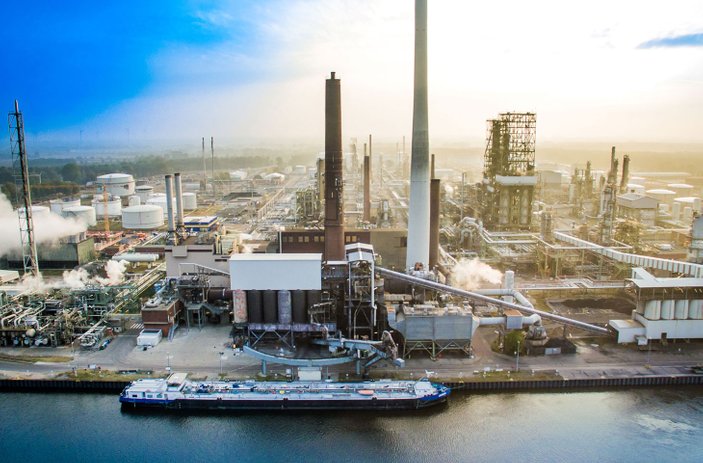.
By Jack Burke | 10 November 2020

Copyright: © 2016 Kilian Westkamp
In their proposed Lingen Green Hydrogen project, the two firms intend to build an initial 50 MW electrolyzer and associated infrastructure at bp’s Lingen Refinery in northwest Germany. This will be powered by renewable energy generated by an Ørsted offshore wind farm in the North Sea and the hydrogen produced will be used in the refinery.
Under the agreement, bp and Ørsted will now work together to further define the project, agree definitive documents and plan to make a final investment decision (FID) early 2022, subject to appropriate enabling policies being in place. The companies anticipate the project could be operational by 2024.
Electrolysis splits water into hydrogen and oxygen gases. When powered by renewable energy, this produces ‘green’ hydrogen, without generating direct carbon emissions. Hydrogen is widely used in refinery processes where – as in Lingen – it is now typically produced by reforming natural gas, which does result in CO2 emissions. This is also known as ‘grey’ hydrogen.
The 50 MW electrolyzer project is expected to produce one tonne an hour of green hydrogen or almost 9000 tonnes a year. This would be sufficient to replace around 20% of the refinery’s current grey hydrogen consumption, avoiding around 80,000 tonnes of CO2 equivalent emissions a year – equivalent to the emissions from around 45,000 cars in Germany.
“Hydrogen will have an increasing role to play in meeting the energy demands of a decarbonizing world and we are determined to build a leading position in this emerging industry,” said Dev Sanyal, bp’s executive vice president, gas & low carbon energy. “Bringing together Ørsted and bp, Lingen Green Hydrogen offers the opportunity both to accelerate significant emissions reduction in our refinery and build experience of large-scale green hydrogen production and deployment. This has the potential to play an important role in the development of a hydrogen economy, in Germany and beyond.”
A project in the UK: studying new ways to store hydrogen on fuel cell buses
Sustainable Bus: 3 December 2020
The fuel that could transform shipping
30 November 2020
Copyright © H2 Evolution. All Rights Reserved
This site does not gather user information and does not use cookies